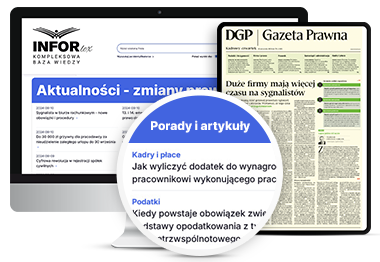A Communal Experience
Our interviewees very often talk about it themselves: for many of them, the war is when they felt fully part of the Ukrainian political nation


Anna Wylegała Sociologist, assistant professor at the Institute of Philosophy and Sociology of the Polish Academy of Sciences. She works on biographical and social memory. She has published among others the book “Był dwór, nie ma dworu. Reforma rolna w Polsce”
Anna Wylegała Sociologist, assistant professor at the Institute of Philosophy and Sociology of the Polish Academy of Sciences. She works on biographical and social memory. She has published among others the book “Był dwór, nie ma dworu. Reforma rolna w Polsce”
Anna Wylegała in an interview with Estera Flieger
What is the goal of the project “24.02.2022, 5 a.m.: Testimonies of War”?
After 24 February, Polish people felt the urgent need to get involved by providing material assistance, volunteering, or taking in refugees. Researchers like me felt that something had to be done in our area of expertise: to research and document the experience of Ukrainians fleeing war. There are many important projects that deal with war crimes. We, on the other hand, wanted to focus on everyday life during the war, under occupation and in a new country. This is what we want to record in order to provide source material for researchers, educators and artists. Moreover, we want to remind Polish people that there is still a war going on just across the eastern border, and we want to communicate this story in a responsible and ethical way. The idea for the project was conceived at the Centre for Urban History of Central and Eastern Europe in Lviv. A few days after the outbreak of the war, I got a call from Sofia Diak, director of the Centre, who told me that refugees from eastern Ukraine who had found refuge there wanted to share their stories. A team was formed by the Centre for Urban History, the Institute of Philosophy and Sociology of the Polish Academy of Sciences, the University of Luxembourg and the University of St Andrews.



